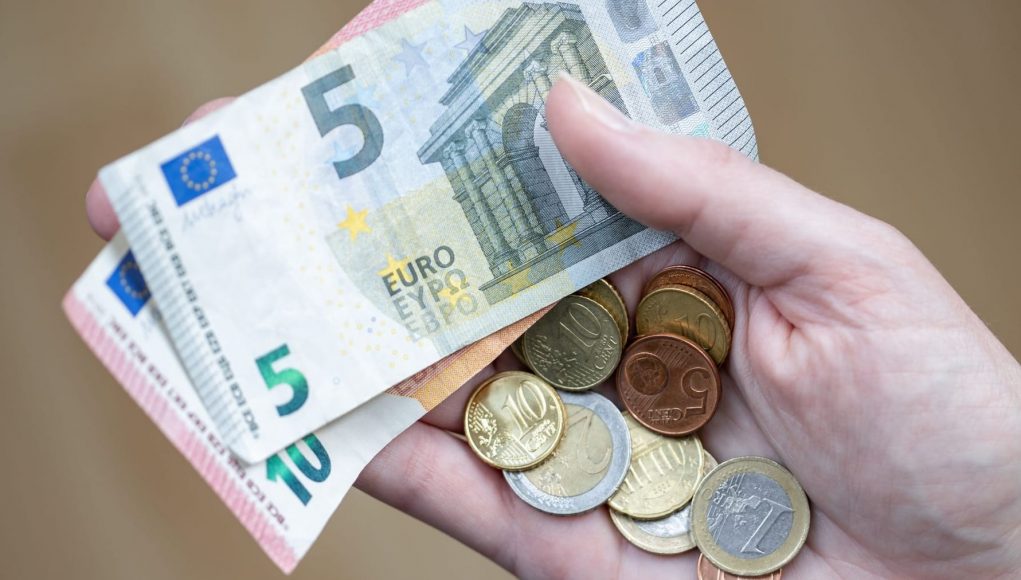The third consecutive decline in inflation was recorded in March. The European Central Bank could also cut its interest rates again over the course of the year.
Inflation in the euro zone weakened more than expected in March. Consumer prices rose by 2.4 percent compared to the same month last year, as the Eurostat statistics office announced on Wednesday in Luxembourg according to an initial estimate. Economists had expected an average rate of 2.5 percent. A year ago inflation was 6.9 percent.
It was the third consecutive decline in inflation. In February, inflation in the euro zone was 2.6 percent and in January it was 2.8 percent. Compared to the previous month, consumer prices rose by 0.8 percent in March. Economists had expected an increase of 0.9 percent.
Price development is approaching the ECB's target
The price development is moving closer to the target of the European Central Bank (ECB), which is aiming for an inflation rate of two percent in the medium term. The ECB had raised interest rates sharply in the fight against high inflation. In autumn 2022, inflation reached a record high of 10.7 percent. The ECB is expected to cut interest rates this year due to declining inflation.
In March, core inflation also fell further, excluding volatile prices for energy, food and beverages. The rate fell to 2.9 percent from 3.1 percent in the previous month. Economists had expected 3.0 percent. Core inflation reflects fundamental inflation and, in the opinion of many economists, represents the inflation trend better than the overall rate.































